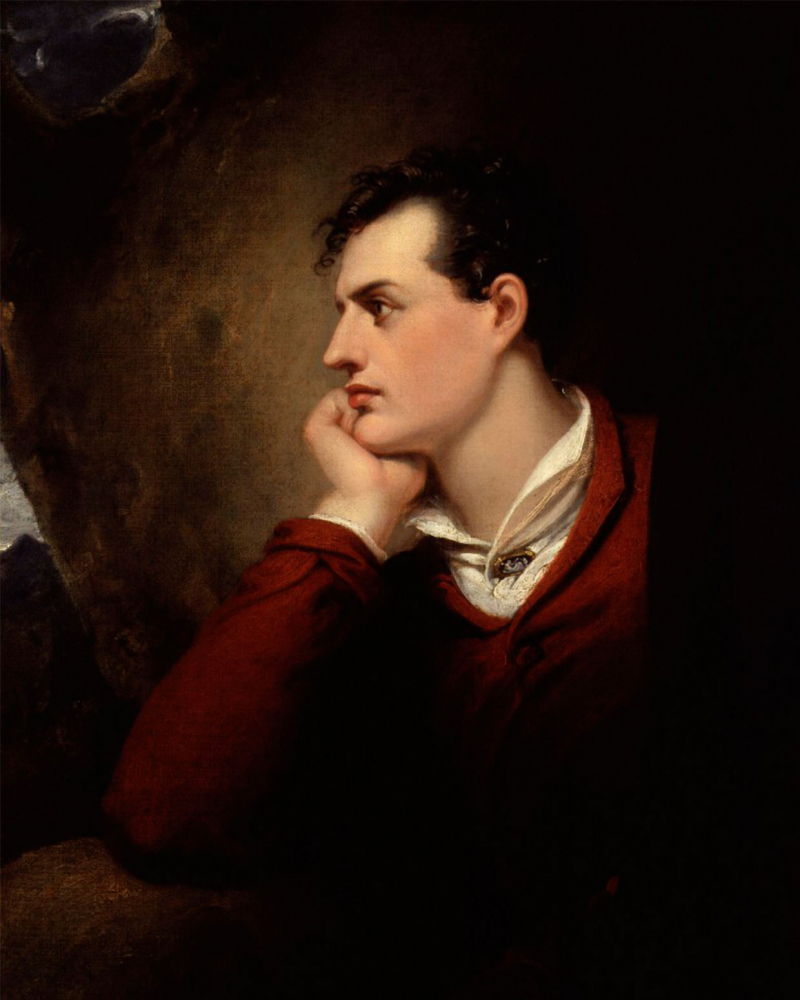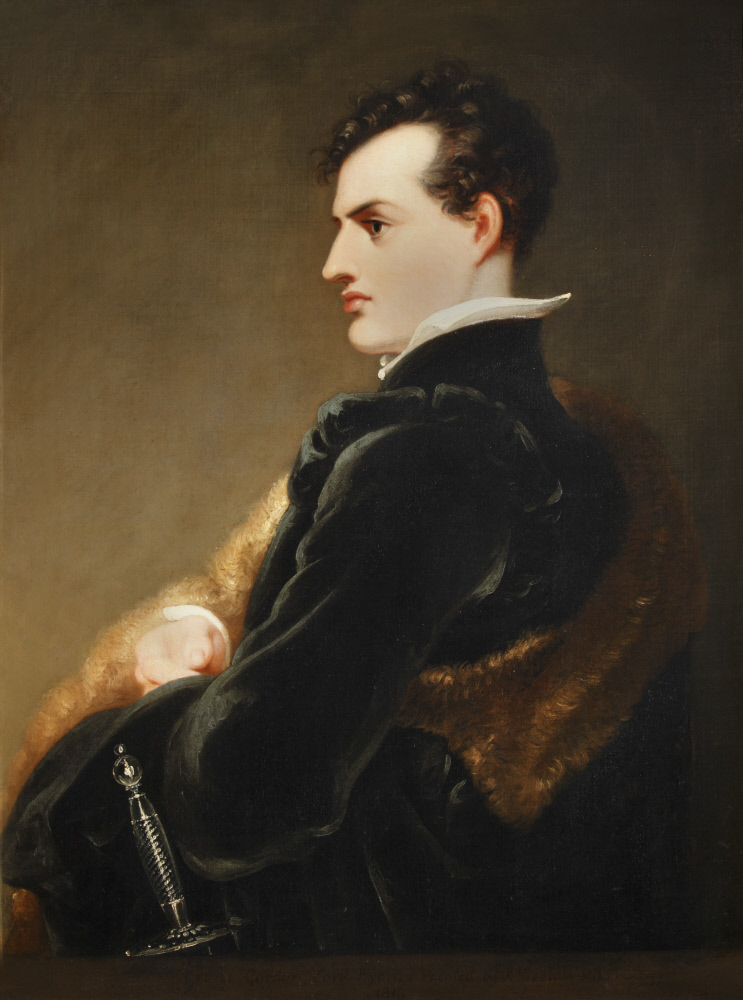He emulated Lord Byron
Poe’s foster father groomed him to go into business and become a Virginia gentleman, but Poe dreamt of being a writer like his boyhood hero, the British poet Lord Byron. By the time he was 13, Poe had written enough poetry for a book, even though his headmaster convinced Poe’s father not to allow its publication.
Kenneth Silverman wrote the following in his famed biography of Poe: “How deeply the Byron image impressed Edgar is apparent in his six-mile swim on the James River, emulating Byron’s celebrated swim of the Hellespont, and the stories in Richmond that he had joined the Greeks, as Byron had, in their quest for independence” (1992: 41). In this regard, the most prolific editor of Poe’s works, Thomas Ollive Mabbott, also assesses that “Poe as a very young man was an imitator of Byron” (1969: xxvi).
Poe wanted to emulate Byron's bravery and active participation in the Greek Revolution against the Turks because he respected their courage. He was a supporter of the Greek cause and claimed that he left "without a dollar on a quixotic journey to join the Greeks then striving for liberation" because of his passionate yearning for a Philhellenic adventure. He barely made it as far as England when he was considerably younger, suggesting that his journey to the country of the Hellenes was purely fictitious. Although he generally failed to become proficient in Greek due to lack of resources, he undoubtedly worked hard to acquire the language as seen by the large number of Hellenic references in his writing.









